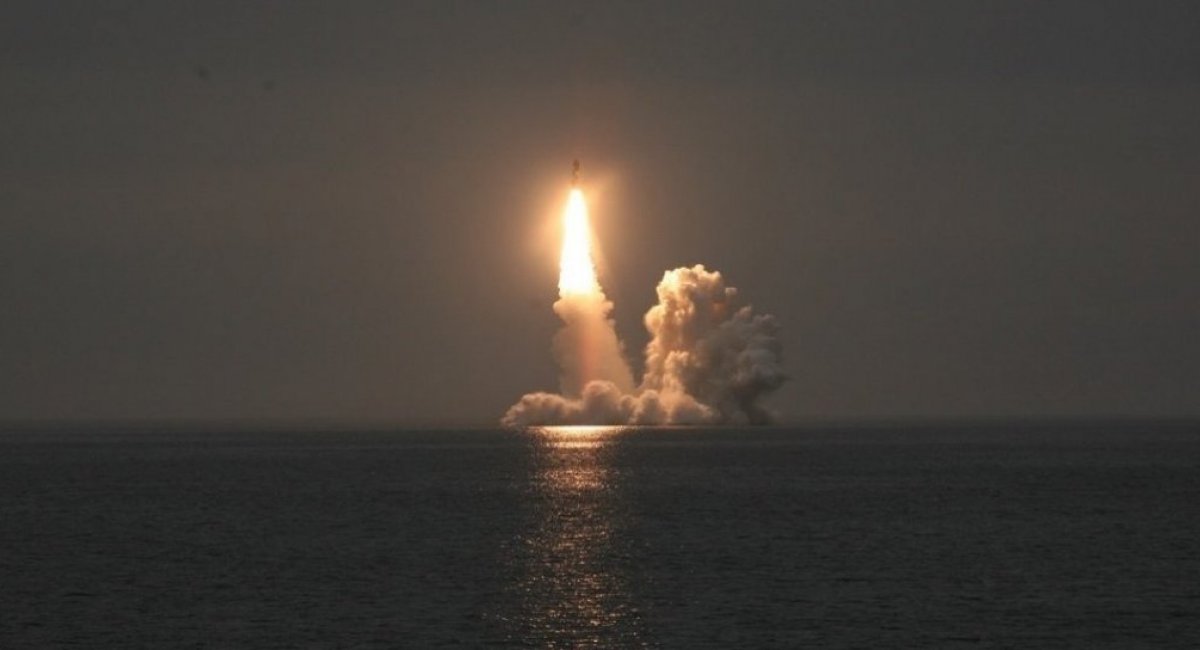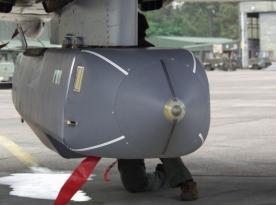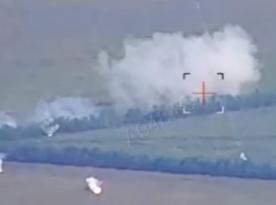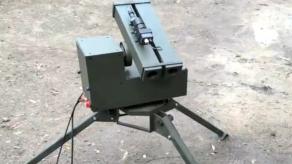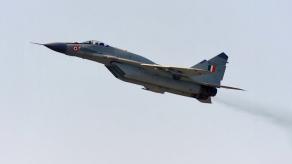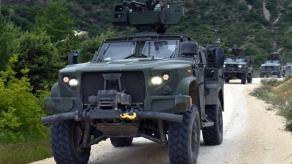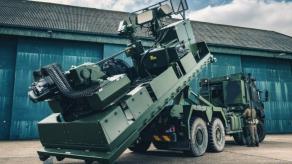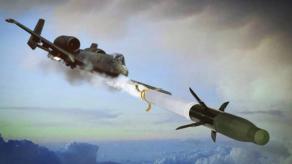russian propaganda media, citing the chief designer of the Moscow Institute of Thermal Engineering (MIT) Yuri Solomonov, report that the Bulava intercontinental ballistic missile has been adopted into the armament of the russian occupying forces.
It is noted that the decree was signed on May 7. No further details are provided.
Read more: What Is the Action Plan of New russian Defense Minister Belousov?
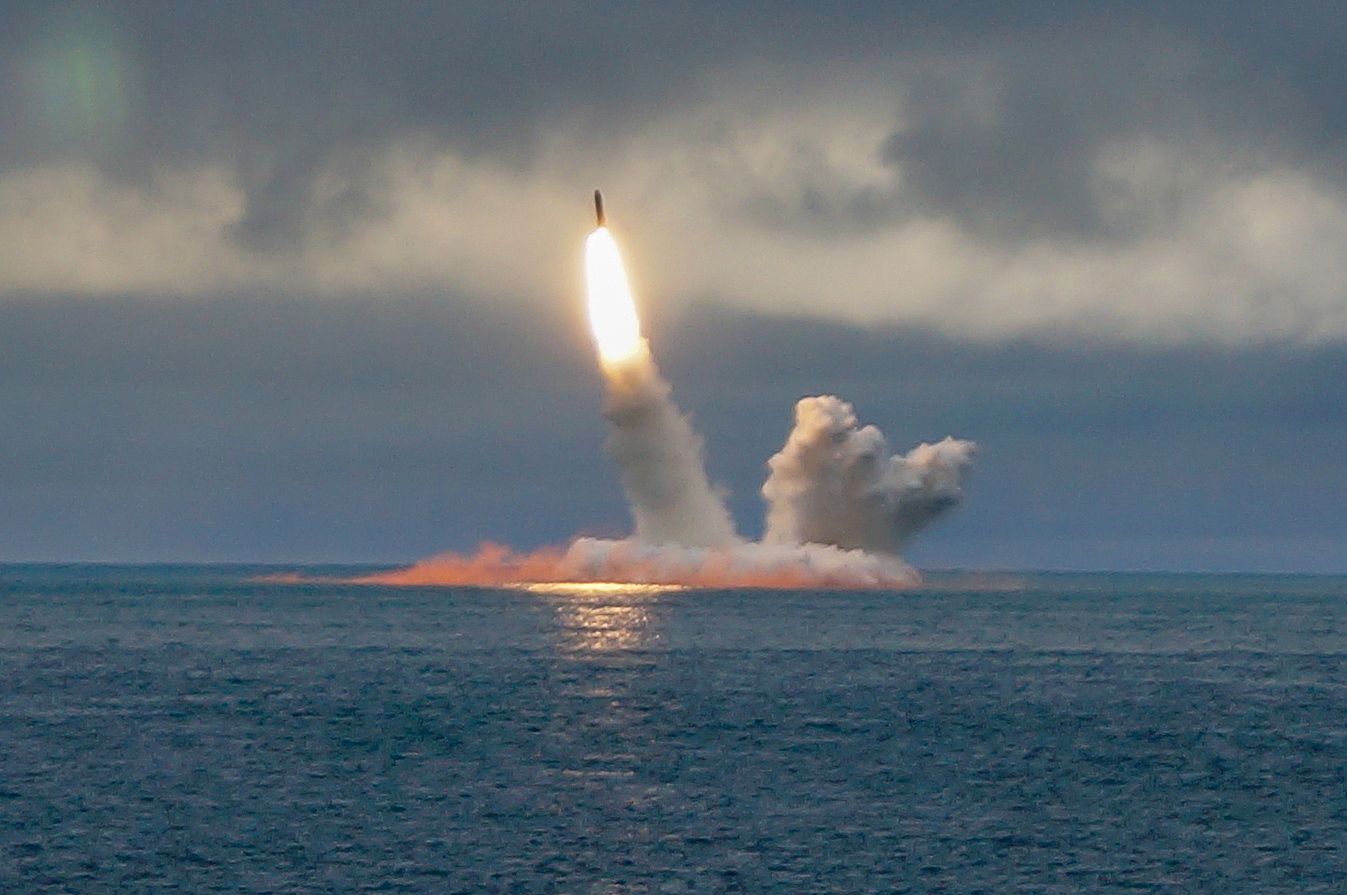
It should be noted that the sea-launched Bulava intercontinental ballistic missile (ICBM) is intended for use with nuclear-powered strategic missile submarines of projects 995 and 995A (Borei and Borei-A).
The declared maximum range of the missile is 9300 km, with a launch mass of 36.8 tonnes.
The Moscow Institute of Thermal Engineering has carried out the development of this missile since 1998. The first missile launch took place in September 2005, and two years later, in 2007, a decision was made to start serial production of a range of components and parts for this intercontinental ballistic missile.
It should be noted that as early as 2018, the same russian propaganda outlet TASS, citing a source in the military defense industry, reported the adoption of the D-30 missile system with the R-30 Bulava ICBM following successful tests in 2018.
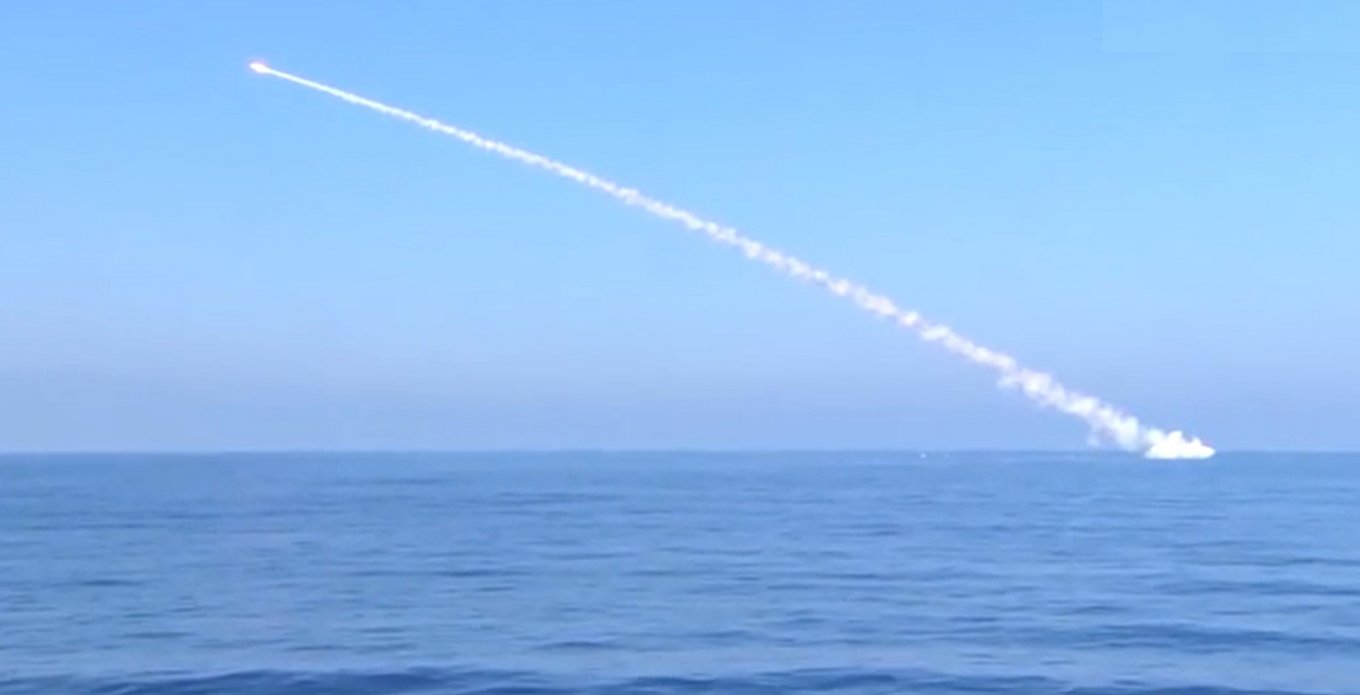
Last November, the russian defense ministry said one of the submarines had test-launched the Bulava, firing it from an underwater position in the White Sea off northern russia and hitting a target on the Kamchatka peninsula in the far east.
Also in 2023, it was reported that allegedly the Bulava intercontinental ballistic missile needed to be replaced with an updated version Bulava-M. So this may indicate that the missile does not meet the declared characteristics or has reliability issues.
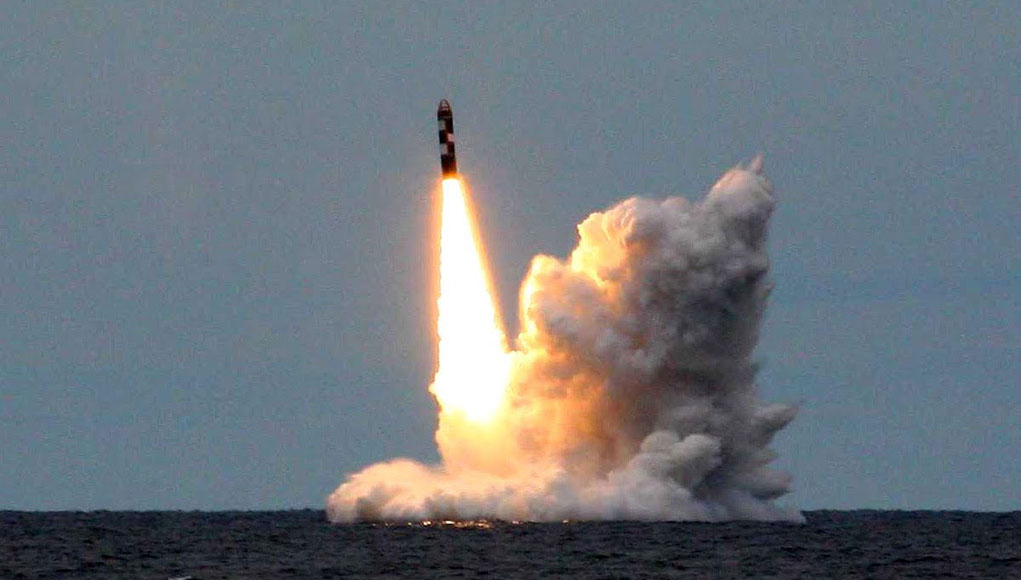
Earlier Defense Express reported that the test launch of the RSM-56 Bulava ballistic missile from the Borei-class submarine on October 25, 2023, ended unsuccessfully, which once again confirmed its unreliability.
Read more: New Missile Brigades Created in russia, One Possibly Wielded KN-23 from North Korea




